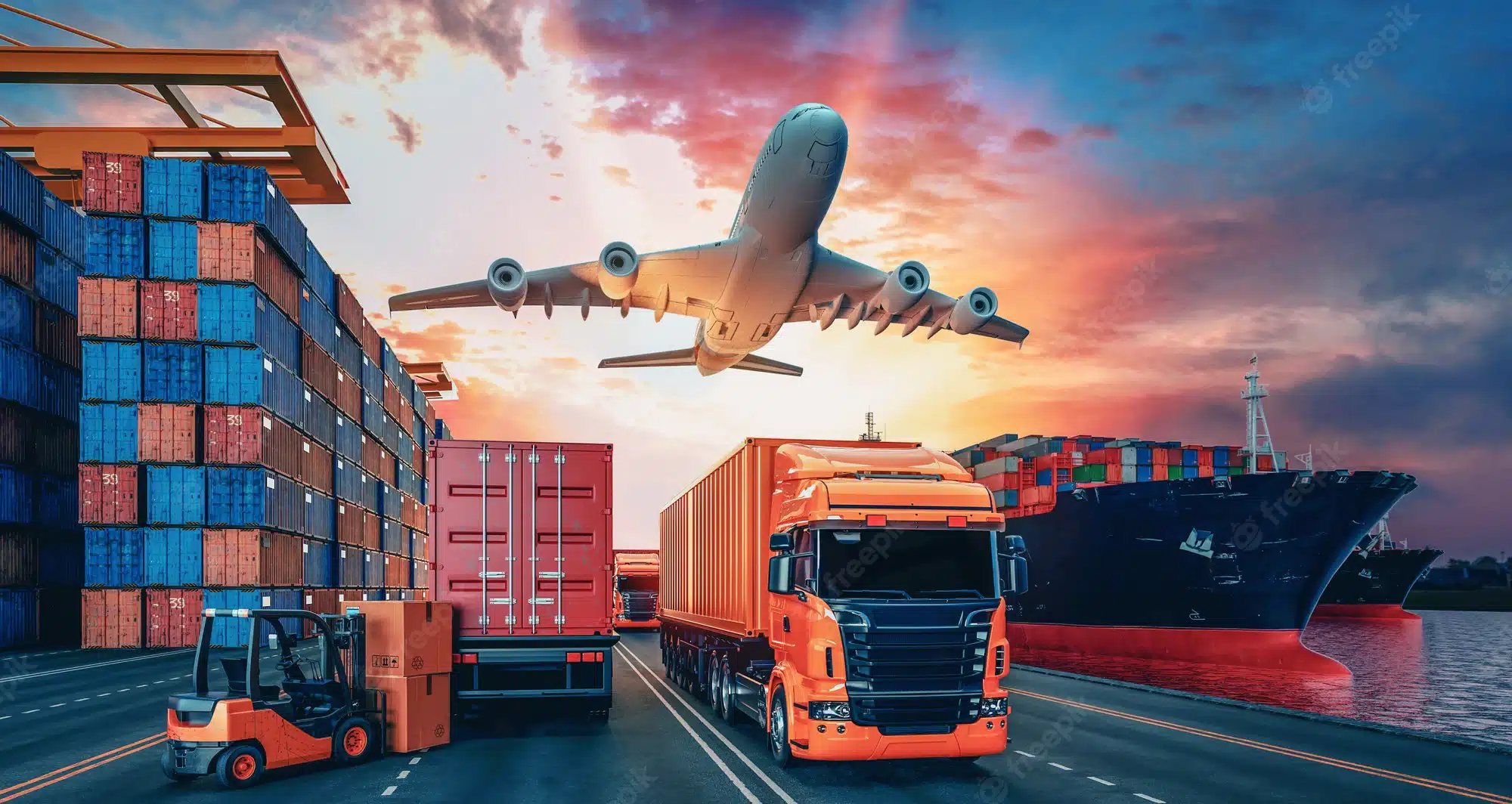The logistics industry has experienced a significant transformation in recent years due to the advancements in technology. Traditional methods of transporting goods and managing supply chains are being replaced by innovative technologies that are revolutionizing the way businesses operate. In this article, we will explore the top technologies that are leading new logistics trends and shaping the future of the industry.
The Rise of E-commerce
The rise of e-commerce has had a profound impact on the logistics industry. With the growing popularity of online shopping, the demand for faster and more reliable delivery services has surged. Logistics companies have had to adapt to handle a higher volume of smaller shipments, necessitating advanced tracking systems, optimized route planning, and real-time visibility.
Artificial Intelligence in Logistics
AI has revolutionized the logistics landscape, introducing groundbreaking changes. AI-powered solutions enable logistics companies to automate manual processes, optimize routes, predict demand, and enhance overall operational efficiency. Machine learning algorithms can analyze vast amounts of data to identify patterns and make accurate predictions, improving inventory management and reducing costs.
Internet of Things (IoT)
The Internet of Things (IoT) has enabled the integration of physical objects with the Internet, creating a network of interconnected devices. In logistics, IoT devices such as sensors and RFID tags can track shipments, monitor temperature and humidity conditions, and provide real-time updates on the location and condition of goods. This level of visibility and control allows logistics companies to proactively address issues and streamline their operations.
Big Data Analytics
Big Data analytics is transforming the logistics industry by providing valuable insights for better decision-making. By analyzing large datasets, logistics companies can identify trends, optimize routes, minimize risks, and improve customer service. Big Data analytics also enables predictive maintenance, reducing downtime and ensuring the smooth functioning of vehicles and equipment.
Robotics and Automation
Robotics and automation have revolutionized various aspects of logistics, including warehousing and order fulfillment. Automated systems can handle repetitive tasks, such as picking and packing, with speed and precision, reducing labor costs and increasing productivity. Autonomous robots and drones are also used for last-mile delivery, enabling faster and more efficient shipments.
Blockchain Technology
Blockchain technology offers secure, transparent, and decentralized solutions for logistics operations. By creating a distributed ledger, blockchain ensures the authenticity and immutability of transactional data, reducing the risk of fraud and increasing trust between parties. Smart contracts powered by blockchain can automate and streamline processes such as payment settlements and customs documentation.
Last-Mile Delivery Innovations
Last-mile delivery, the final stage of the logistics process, has witnessed significant innovations. Delivery drones and autonomous vehicles are being tested to tackle the challenges of congested urban areas and improve delivery speed. Additionally, crowd shipping, which utilizes unused capacity in private vehicles for deliveries, is gaining popularity as a sustainable and cost-effective solution.
Sustainability and Green Logistics
The logistics industry is increasingly embracing sustainability and green logistics practices. From optimizing transport routes to using electric vehicles and alternative fuels, logistics companies are striving to reduce their carbon footprint. Sustainable practices not only benefit the environment but also enhance brand reputation and meet the expectations of environmentally-conscious consumers.
Augmented Reality (AR) and Virtual Reality (VR)
Augmented Reality (AR) and Virtual Reality (VR) technologies transform logistics operations by enhancing training, warehouse management, and order-picking processes. AR can provide workers with real-time information and instructions, improving efficiency and accuracy. VR enables virtual simulations and training scenarios, allowing employees to practice complex tasks in a safe and controlled environment.
Predictive Analytics and Demand Forecasting
Predictive analytics and demand forecasting tools are empowering logistics companies to anticipate customer demand and optimize inventory levels. By analyzing historical data and market trends, companies can make informed decisions regarding inventory replenishment, reducing the risk of stockouts or overstocking. This proactive approach helps minimize costs and improve customer satisfaction.
Cloud Computing
Cloud computing has revolutionized data storage and accessibility in the logistics industry. By leveraging cloud-based platforms, logistics companies can store and analyze large volumes of data, collaborate with partners in real time, and access applications from any location. Cloud computing also provides scalability and cost-efficiency, allowing businesses to adapt and grow without significant upfront investments.
Mobile Technologies
Mobile technologies, such as smartphones and tablets, have become indispensable tools in the logistics sector. Mobile apps enable real-time tracking and communication, empowering drivers, warehouse personnel, and managers to stay connected and informed. Mobile devices also facilitate electronic proof of delivery (ePOD), eliminating paperwork and improving operational efficiency.
Autonomous Vehicles
Autonomous vehicles, including self-driving trucks and delivery robots, are poised to transform the logistics landscape. These vehicles can operate without human intervention, offering benefits such as increased safety, reduced labor costs, and improved delivery speed. However, regulatory frameworks and public acceptance remain key challenges for widespread adoption.
The logistics industry is undergoing a technological revolution, driven by various cutting-edge technologies. From AI and IoT to blockchain and robotics, these innovations are reshaping the way goods are transported, warehouses are managed, and customers are served. Embracing these technologies is crucial for logistics companies to stay competitive, enhance operational efficiency, and meet evolving customer expectations.









